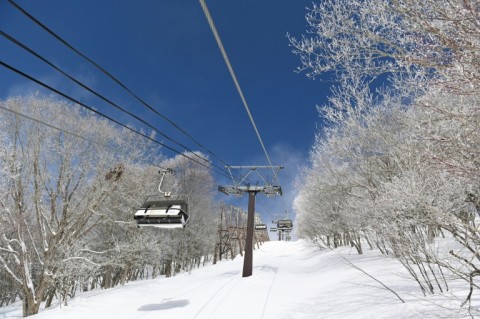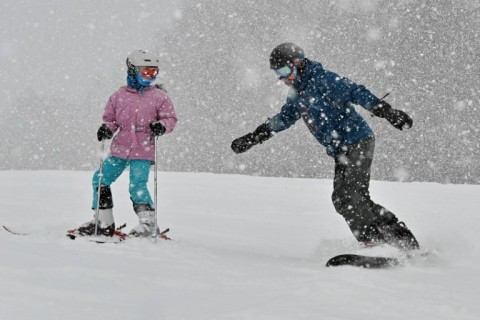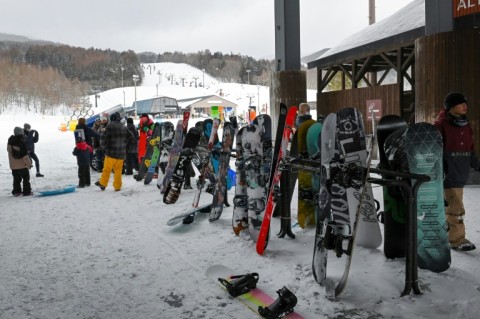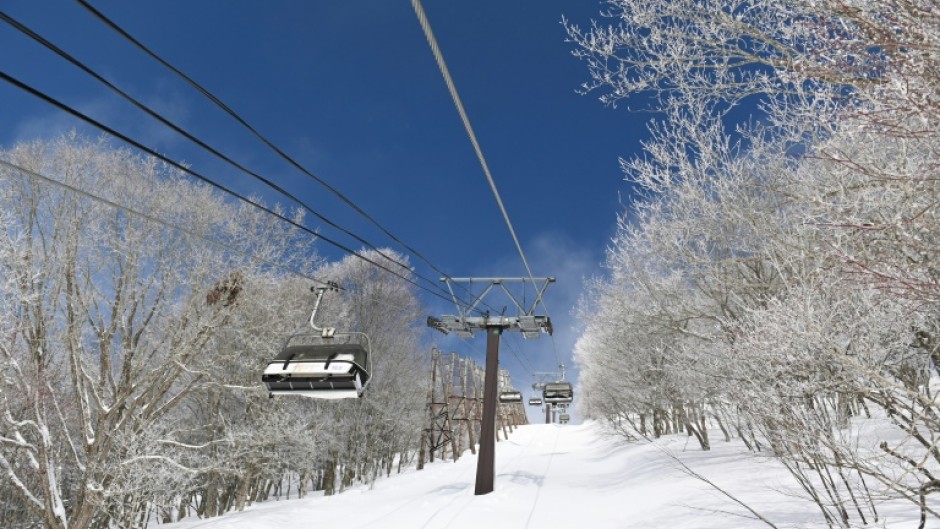
BANDAI - Tourists spent their winter holidays in Japan's picture-perfect snow. But they weren't at the country's famed ski resorts in Hokkaido or Nagano -- they picked Fukushima.
It's a choice officials hope is becoming increasingly popular as they market the region's snow resorts and try to shed the stigma that lingers more than a decade after the 2011 nuclear disaster.
Fukushima's ski industry was already struggling with warm winters and a decline in domestic visitors when a tsunami triggered the worst nuclear disaster since Chernobyl.
Officials worked hard to attract foreign visitors despite the disaster, but then the pandemic struck and border closures kept tourists away for more than two years.
Tourism resumed normally in October, and Fukushima is again aggressively promoting its attractions, including at industry expos in Sydney and Melbourne.

It has been 12 years since the three reactors at the Fukushima Daiichi plant went into meltdown after an earthquake-triggered tsunami that left 18,500 dead or missing.
Evacuation orders were once in place for a 20-kilometre radius around the plant, but most of the prefecture was never affected by radiation.
And after extensive decontamination, just 2.4 percent of the region remains off-limits.
But "Fukushima's popularity remains low among foreign tourists, 43rd among 47 prefectures in Japan", said Go Morimoto, managing director of the Bandai Resort.

Still, inspired by the success of snow destinations like Nagano's Hakuba and Niseko in Hokkaido, Fukushima has tried to promote its plentiful white stuff.
"Japan's powder snow, popularly known as 'Japow' is a world-class tourism resource," said Morimoto.
"Niseko and Hakuba have benefitted from it, but Fukushima, not so much, despite the potential."
The influx is a welcome relief for locals like Miwako Abe, who has run a souvenir shop for around three decades in Ouchijuku, an ancient rest stop for travellers.
"At one point I didn't know what to do, because we didn't see anyone at all here," the 59-year-old said as tourists snapped selfies by a row of traditional thatched houses under heavy snow.
The area is particularly popular with tourists from areas of Asia with little or no snow.
"I see more people from Taiwan... They buy stamps at my shop and send postcards," Abe said.

